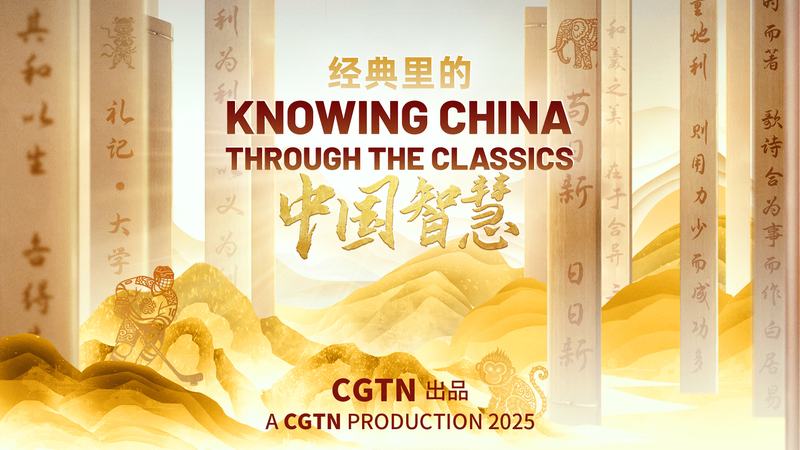Thousands of years of classical writings contain great philosophical thoughts, each capturing a facet of the Chinese soul. Decoding the dialogue between ancient and modern reveals a China today that honors the past, finds inspiration in the present, and is breaking new ground for the future.
Wisdom Meets Innovation
In cities from Shanghai to Chengdu, the words of Confucius, Laozi and other sages are more than history—they guide leadership styles in boardrooms and shape design principles in app development. Many startups draw on the idea of balance (yin-yang) to create products that serve communities as well as shareholders.
Learning from Lyric to Lecture
University courses now blend classical texts with case studies in sustainability and social impact. Students explore how the Daoist focus on harmony with nature aligns with carbon-neutral goals and how principles of ren (humaneness) inform inclusive workplace cultures across the Chinese mainland.
A Cultural Continuum
Art and tourism bridge eras. Interactive exhibitions let visitors trace calligraphy strokes on a tablet, turning a fragment from the Book of Songs into a digital masterpiece. Travel programs in the ancient capital of Chang'an weave guided reading sessions into walking tours along historic city walls.
The Future, Rooted in the Past
By weaving classical insights into modern innovation, China finds a roadmap for tomorrow. Whether in AI ethics, green finance or immersive tourism, this dialogue between ancient and modern creates a dynamic narrative—one where history is not just remembered, but actively reimagined.
For young global citizens, entrepreneurs and changemakers alike, the lesson is clear: true innovation respects its roots. In China's evolving story, the classics are not relics—they are living guides to a new tomorrow.
Reference(s):
Knowing China through the Classics: History Inspiring a New Tomorrow
cgtn.com
